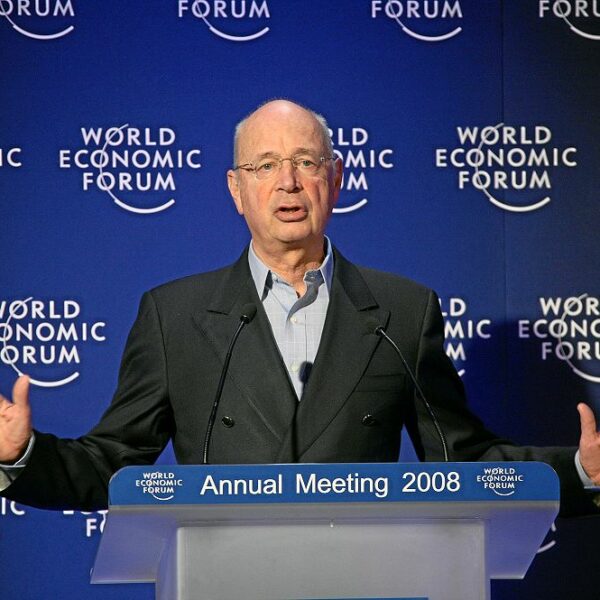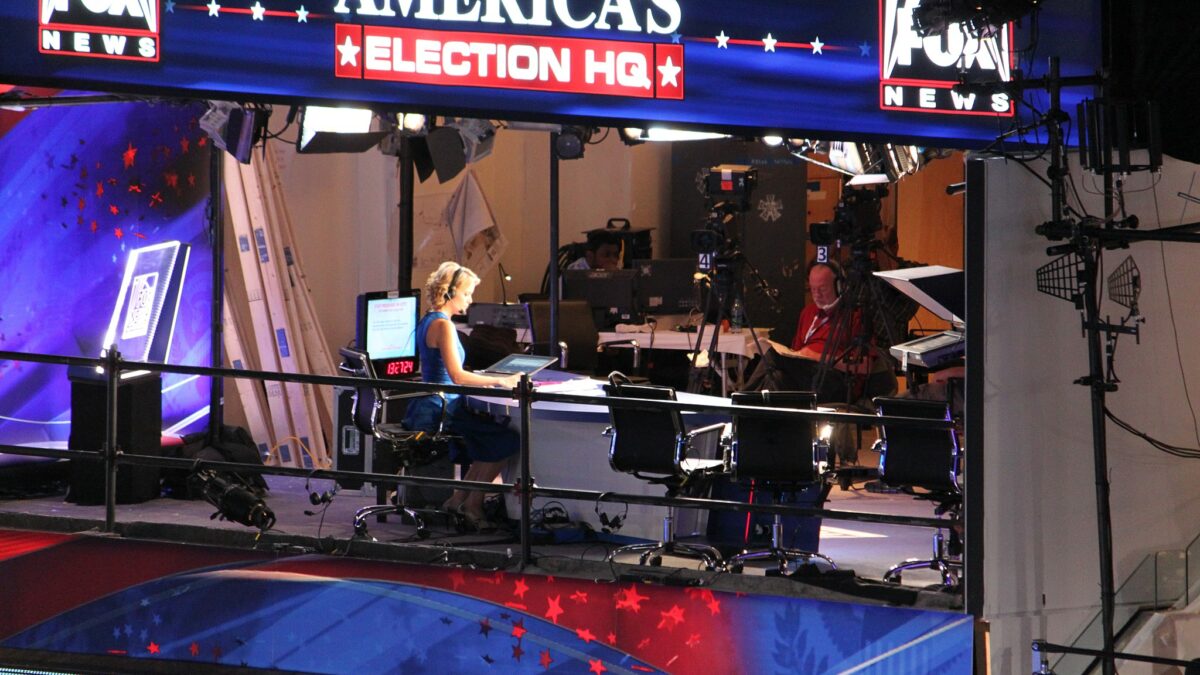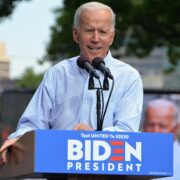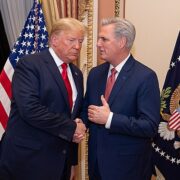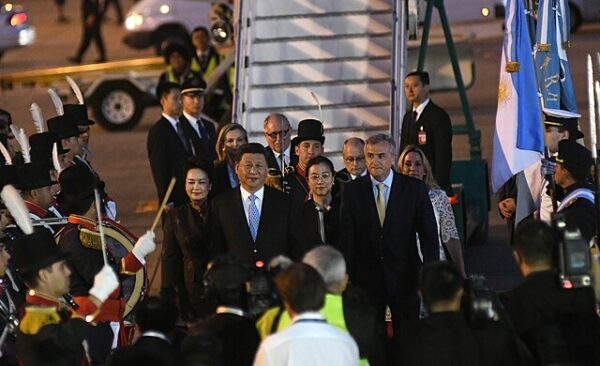
As tensions between the United States and China escalate, subtle but unmistakable signs are emerging that Beijing is quietly backing down — even as it maintains a posture of defiance in public. On the morning of April 24, about a dozen Chinese officials, including a senior figure from the Ministry of Finance, were seen entering the U.S. Treasury building in Washington, D.C. with Chinese security staff attempting to block photographers from capturing images of the visit.
Beneath the surface, China appears to be making selective economic concessions to the Trump administration, reported The Gatestone Institute for Public Policy. Officially, Beijing denies that any negotiations are underway, yet evidence points to a different story. According to multiple reports, China’s sweeping 125 percent retaliatory tariffs are being enforced unevenly. Key American exports — aircraft parts, industrial chemicals, medical devices, and advanced semiconductors among them — are entering the Chinese market largely unimpeded by the new levies.
The American Chamber of Commerce in China has confirmed that certain U.S. pharmaceutical products have been exempted from the retaliatory tariffs. President Michael Hart described the exemptions as ad hoc rather than reflective of a broader policy shift, but the underlying dynamic is clear: facing mounting economic pressures at home, Beijing is ensuring continued access to U.S. goods it cannot easily replace.
Trade analyst Alan Tonelson characterized these exemptions as a “clear Chinese cave-in,” emphasizing that Beijing’s need for access to American markets is far greater than the reverse. “The tariff waivers,” he told Gatestone, “underscore that vital American products simply aren’t made in China — and won’t be for years, at best.”
These quiet concessions come as China faces an increasingly fragile economic outlook. Consumer and producer prices continue to slip, with March marking the 30th consecutive month of falling producer prices. At the same time, a slow-burning debt crisis continues to weigh on financial stability, even as Beijing leans more heavily on export growth to compensate for weakening domestic consumption under Xi Jinping’s economic agenda.
Nonetheless, China’s official rhetoric remains combative. The Commerce Ministry recently insisted that no talks could resume unless the United States lifted its “unilateral tariff measures.” Yet the clandestine waivers and discreet meetings in Washington tell a more complicated story — one in which Beijing, despite its nationalist posture, is quietly making concessions to preserve access to critical imports.
The aviation sector illustrates the tension between China’s rhetoric and its underlying vulnerabilities. Beijing has ordered its airlines to suspend deliveries of Boeing aircraft, resulting in three 737 Max jets returning to the United States. Yet given the deep order backlogs facing both Boeing and Airbus, the immediate financial impact on Boeing is likely to be limited. Yahoo Finance reported that “Riyadh Air CEO Tony Douglas said on Monday the Saudi startup carrier would be ready to buy Boeing aircraft destined for Chinese airlines if they are not delivered due to the escalating trade war between the United States and China.”
Meanwhile, China’s dependence on American aviation parts and maintenance services leaves its airlines exposed to the risk of severe disruptions should Washington decide to retaliate.
In seeking to project strength while quietly accommodating economic reality, Xi Jinping’s government is boxing itself into a narrower strategic corner. Its refusal to acknowledge critical dependencies on American technology and markets leaves China less able to adapt and more vulnerable to instability at home. As Tonelson put it, these are products China “won’t be able to produce for years — if ever.”
[Read More: Noem Thief Won’t Be Coming Back]




